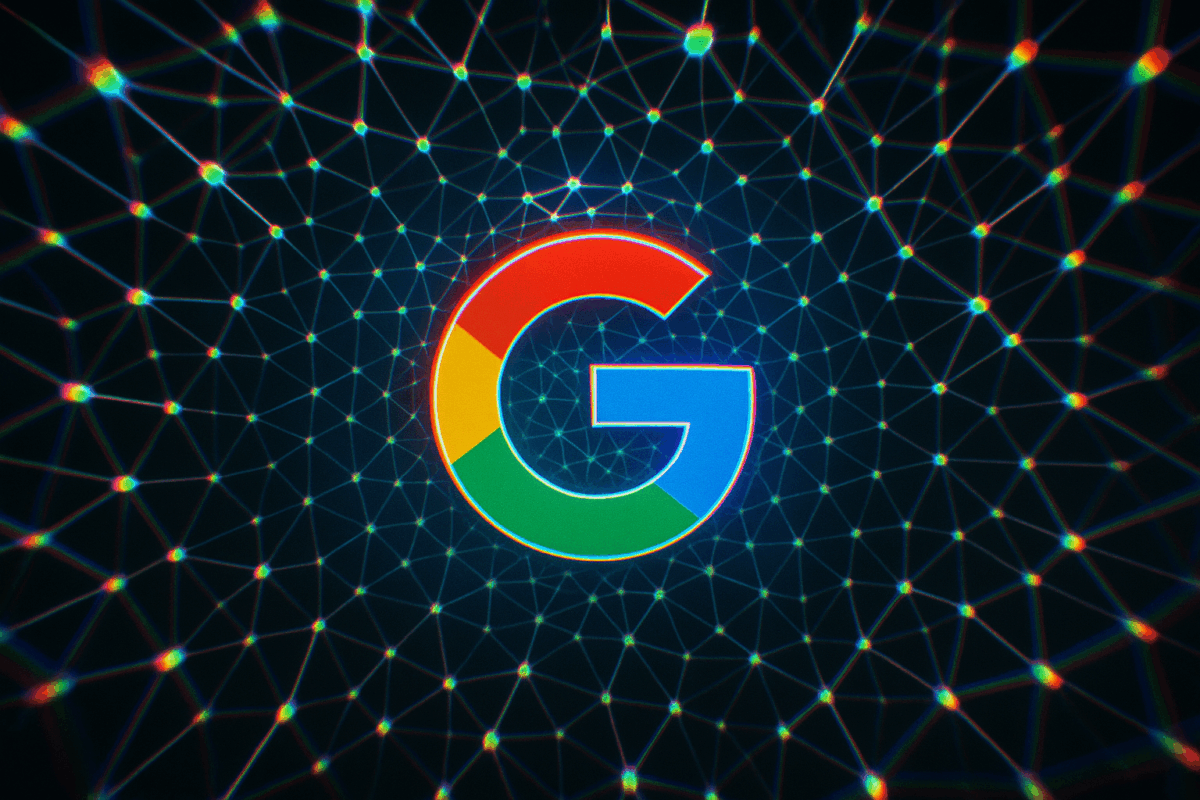ARTICLE AD BOX
Update from July 5, 2025:
The European Commission is sticking to its timeline for the new AI Act, despite calls from some AI startups and companies to delay it by several years. As spokesperson Thomas Regnier told Reuters on Friday in Brussels: "There is no grace period. There is no pause."
The general rules have been in effect since February 2025. Starting in August, requirements for large AI models will follow, with high-risk systems set to face obligations from August 2026. The EU also plans to ease some burdens for smaller companies, such as reporting requirements.
The EU AI Act is one of the most closely watched regulatory projects worldwide. It aims to govern a technology that is widely considered to be capable of reshaping entire societies. Critics often point to the rules' complexity and express concerns about regulatory fragmentation, warning that they could result in high costs and complex compliance demands.
Ad
THE DECODER Newsletter
The most important AI news straight to your inbox.
✓ Weekly
✓ Free
✓ Cancel at any time
The regulations are also intended to strengthen the EU's position in the AI market, especially against dominant US players. In its "Economic Blueprint" for Europe, OpenAI lays out an extensive list of demands for the EU but offers few concrete commitments in return. As a result, the EU risks becoming just a sales market and infrastructure provider for US-led AI.
Original article from July 3, 2025:
ASML, Airbus and Mistral call for postponement of EU AI law
More than 45 companies, including ASML, Airbus, and Mistral AI, are urging the European Commission to postpone the AI Act by two years.
In an open letter to Commission President Ursula von der Leyen, the group criticizes the proposed rules for powerful AI models, calling them a threat to innovation. Other signatories include Mercedes-Benz, Lufthansa, BNP Paribas, Siemens Energy, and Black Forest Labs. The companies say the guidelines are unclear, singling out the delayed code of conduct, which they argue goes beyond the law itself.
Meta and Alphabet have already called the code unworkable. The new regulations are set to take effect in August. The push is organized by General Catalyst, with SAP and Spotify as members of the initiative, though neither signed the letter.
Recommendation

 3 months ago
16
3 months ago
16



